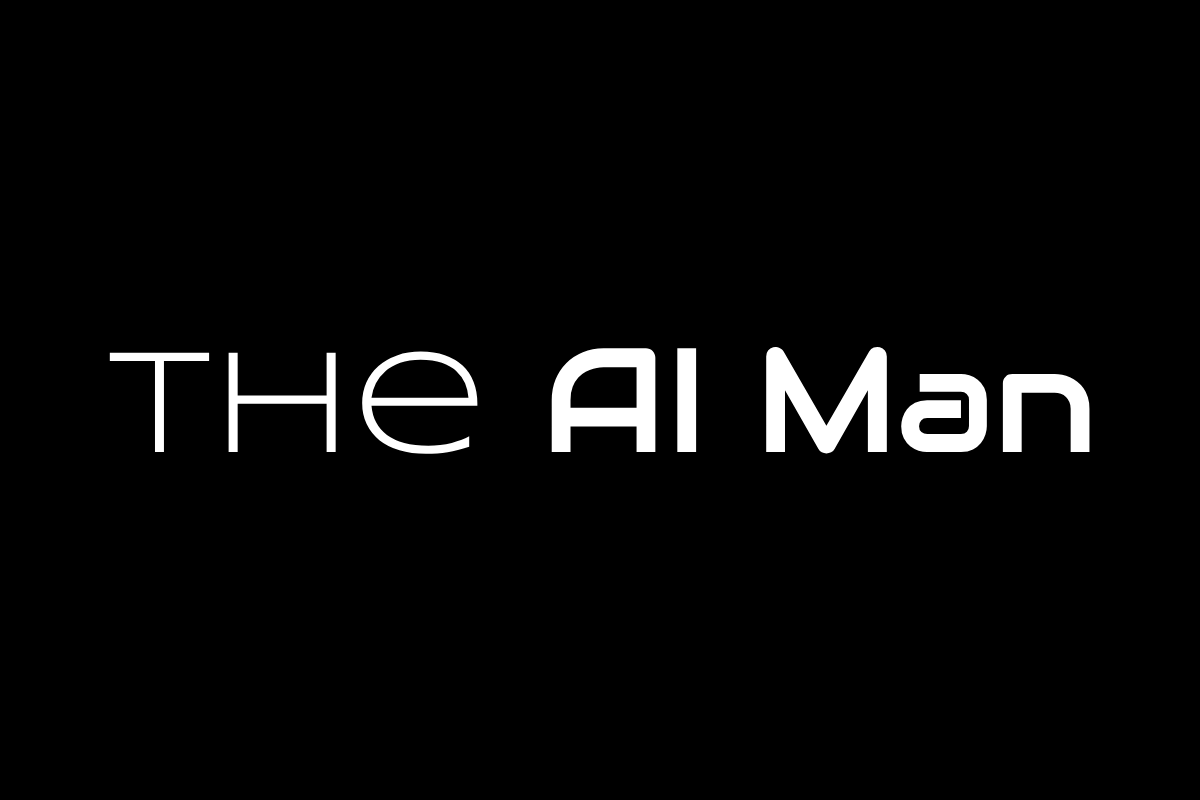
Here's the tea that's got Silicon Valley buzzing: Apple is reportedly in early talks with Google to supercharge Siri using Gemini AI. After years of Siri being the butt of tech jokes, Apple is finally ready to give their voice assistant the brain transplant it desperately needs. This potential partnership marks a massive shift in Apple's traditionally secretive approach—and could reshape how we interact with our devices forever.

🤝 The Unlikely Alliance
Think of this partnership like Batman teaming up with The Joker—Apple and Google have been fierce competitors for over a decade, yet they already share a $20 billion annual relationship through Google being the default search engine on iPhones.
Key developments in this partnership:
Apple recently approached Google to explore building a custom AI model for Siri's 2026 launch
Google has reportedly started training a model that could run on Apple's servers
Apple is conducting an internal "bake-off" between two approaches: "Linwood" (Apple's own models) vs "Glenwood" (external technology)
Craig Federighi (Apple's software chief) and Mike Rockwell (Vision Pro head) are overseeing this competition
No formal commercial negotiations are underway yet—talks remain exploratory
This makes strategic sense for both companies. Apple gets cutting-edge AI without astronomical development costs, while Google secures another massive revenue stream that could replace their endangered search deal (thanks to antitrust scrutiny).

Google's AI Products Monthly User Base (in millions)
Together With CustomGPT.ai

We all love AI tools like ChatGPT—but what if it could only access your company’s information?
That’s exactly what CustomGPT.ai does.
You upload your docs, PDFs, website, or knowledge base—CustomGPT gives your team instant, 100% accurate answers, backed by source citations.
✅ No hallucinations
✅ SOC 2 + GDPR compliant
✅ No-code, no training required
📊 The Numbers Tell the Story
The voice assistant market is exploding, and Apple risks being left behind. Here's why this partnership is crucial:
Current market position:
Siri holds 36% of the global voice assistant market—tied with Google Assistant
In the US alone, Siri has approximately 86.5 million users in 2025
The AI assistant market is projected to explode from $3.35 billion in 2025 to $21.11 billion by 2030 (MarketsandMarkets)
That's a staggering 44.5% annual growth rate
The delay problem:
Apple Intelligence features were originally promised for spring 2025
Now pushed back to spring 2026 at the earliest
Meanwhile, 75% of global knowledge workers are already using AI at work
71% of consumers prefer voice search over typing

AI Assistant Market Growth Projection showing exponential growth from $3.35B in 2024 to $21.11B in 2030
Apple simply cannot afford to wait another two years while competitors race ahead. The company that once prided itself on being different now risks being left behind in the AI revolution.
🎯 What's Really at Stake
This isn't just about making Siri better at understanding your mumbled weather requests. We're talking about fundamentally reimagining human-computer interaction:
The delayed Siri features would enable:
Personal Context Awareness: Ask "What time does dad's train get in?" and Siri actually knowing who your dad is based on your messages
Cross-App Actions: Tell Siri "Make a reservation at this restaurant" while looking at a webpage, and it actually does it
Proactive Intelligence: A Siri that anticipates your needs based on patterns, location, and context
Market dynamics:
About 20.5% of people globally now use voice search, and this number is climbing
27% of people use voice search on mobile devices
iPhone users increasingly expect seamless AI integration that competitors already offer

Voice Assistant Market Share showing Siri and Google Assistant tied for market leadership at 36% each
For the broader tech industry, this partnership signals that even the biggest players recognize they can't go it alone in AI development. The costs and complexity of training large language models are so enormous that collaboration might become the norm rather than the exception.
🔮 Looking Ahead
If this partnership materializes, we're looking at a seismic shift in the tech landscape. Apple would essentially be admitting that collaboration trumps their traditional isolationist approach—a philosophy that served them well in hardware but may be limiting in the AI age.
For consumers, this could mean finally getting a Siri that doesn't make you want to throw your phone against the wall. A Gemini-powered Siri could handle complex, multi-step requests with the intelligence we've been promised for years.
The timeline remains spring 2026 for launch. That might seem far away, but in AI development—where models take years to train and test—it's actually quite aggressive.
The bottom line? Apple is finally acknowledging what we've all known: Siri needed serious help. Whether that help comes from Google's Gemini or Apple's renewed efforts remains to be seen. But one thing is certain—the voice assistant wars are about to get a whole lot more interesting. This isn't just about improving Siri; it's about Apple's willingness to evolve for the AI era.
You heard it here first! 📰
